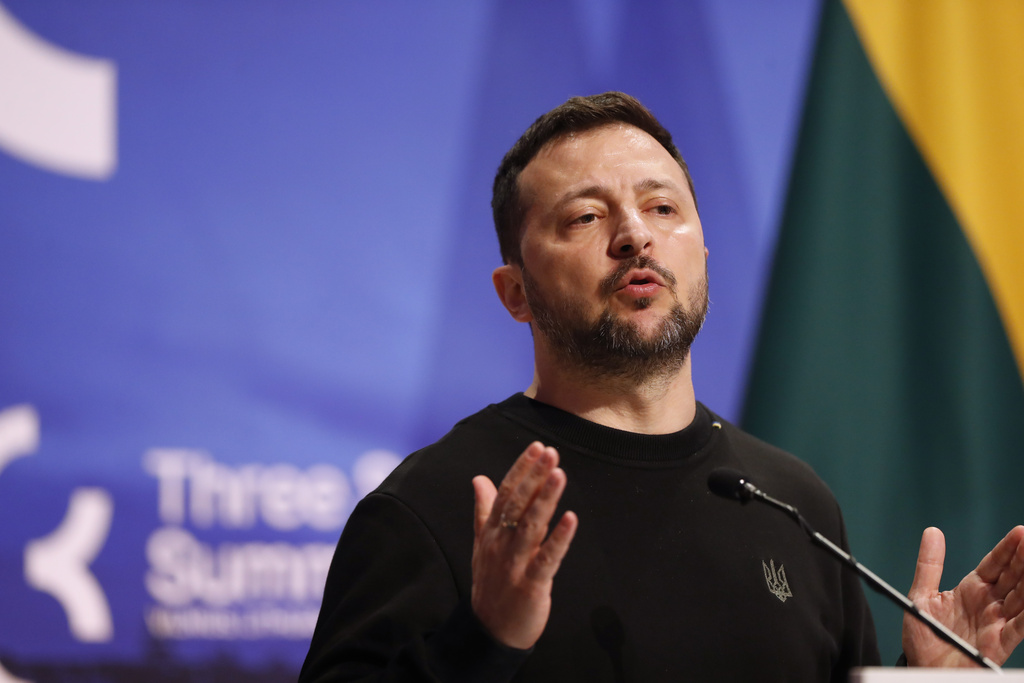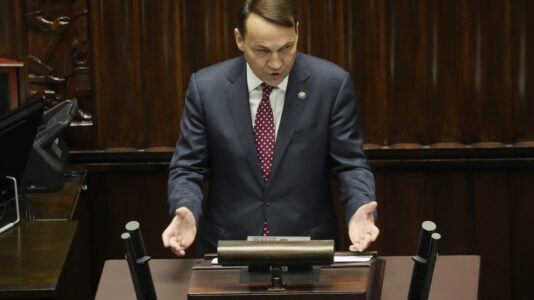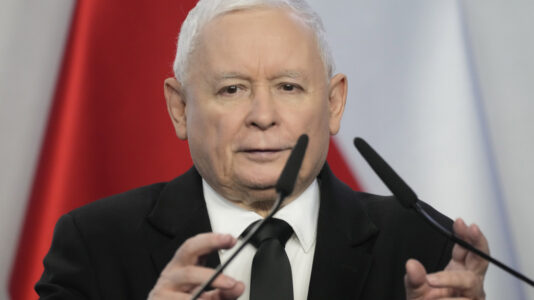In a conversation with the Polish Press Agency (PAP), Wojciech Konończuk, director of Warsaw’s Centre for Eastern Studies (OSW), pointed out that Ukrainian President Volodymyr Zelensky underscored his readiness to move toward peace negotiations in the war with Russia.
“However, he set a crucial condition: The outcome of negotiations must be favorable for Ukraine,” said Konończuk.
“I think this signal sent by Zelensky should be read as a certain readiness of the Ukrainian state to at least freeze this war,” he added, emphasizing that there was no question of capitulation or acceptance of Russian terms, but rather something that “the Ukrainian side could at least consider and which would be positively received by some of the largest Western countries.”
Zelensky, thanking the U.S. Senate on Wednesday for passing military and economic aid amounting to $60.8 billion, stated that “these are the necessary means to achieve a just peace as quickly as possible.”
Konończuk noted that Zelensky’s words also suggest an attempt to reach some agreement with the Kremlin, although Moscow may not necessarily be interested in this. “At this stage, I would not say yet that this is a change in approach by the Ukrainian side. It might have been, assuming that the new American package had not passed, but as we know, it did. In this sense, Ukraine gains a few additional months, as the new package will last that long,” added the expert.
His view is that the main unknown and danger lies in what will happen in a few months. “As we have seen in recent months, the West is increasingly struggling to supply the Ukrainian army with military support, as well as the Ukrainian state with financial support, without which Ukraine will not be able to continue the war,” he emphasized.
According to the director of the Centre for Eastern Studies, given the unclear future of further American assistance, Zelensky “somewhat between the lines” reiterated that the American-German narrative and the strategy of Washington and Berlin in recent months has indeed been to create conditions for achieving peace.
“President Zelensky must be very careful, because this is not necessarily something that would be met with enthusiasm by the Ukrainian public, which is determined to continue the war despite all difficulties,” Konończuk cautioned.
He further stressed the need to remember that Zelensky’s words “go completely against” what the Russians think; they believe they are winning the war and therefore will dictate potential terms of capitulation, not a ceasefire or agreement with Kyiv. “But we are not there yet, and I hope we won’t be,” the expert added.






